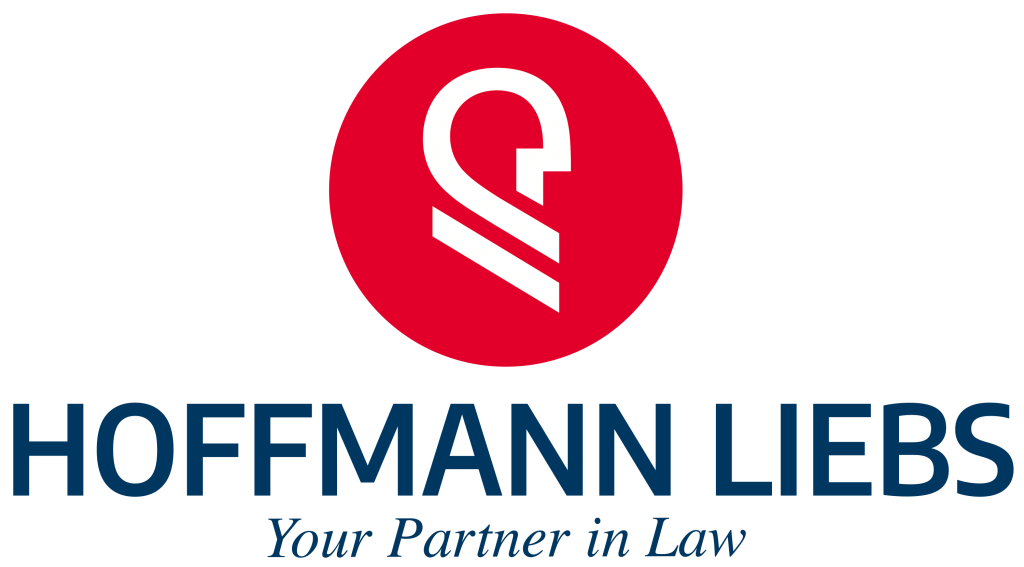Everything on the topic:
Discover how you can comply with EUDR requirements and fulfill your due diligence and reporting obligations.

With the EUDR, the European Union aims to minimize global deforestation and forest degradation. Companies must therefore comply with strict due diligence requirements when placing certain products containing wood, coffee, soy, natural rubber, palm oil, or beef on the EU market. The regulation will apply to large companies from December 2025 and to SMEs from June 2026. This means that companies will be subject to mandatory requirements for traceability, documentation, and risk management.
Before importing, exporting, or trading in relevant products, companies must check whether relevant raw materials have been legally extracted from deforestation-free areas and submit Due Diligence Statements (DDS) for these products.
Affected goods and product groups based on these raw materials are listed in Annex I of the EUDR and can be identified via custom tariff numbers (HS Codes).
examples
examples
examples
examples
examples
examples
examples
🌲🌳🌴No natural forest may be converted into agricultural land or plantations for the purpose of production. This also applies retroactively to December 31, 2020, even if deforestation is permitted in the country of origin.
§§ The specified rights of the country of origin must be observed, including human rights, environmental protection requirements, labor law, trade law, etc.
🔎 A risk assessment has been carried out for the product, due diligence obligations have been fulfilled, and there is no or only a negligible risk of deforestation.
We guide you through the review of your value chain and help implement legal requirements with minimal effort.

From December 30, 2025, large companies with more than 250 employees and/or an annual turnover of more than €50 million must comply with the regulation in full.
SMEs will also be required to comply fully with the regulation from June 30, 2026.
Non-EU companies are considered operators within the meaning of the EUDR if they act as the Importer of Record, meaning they handle the customs declaration for relevant products entering the EU. In this case, they are required to submit a Due Diligence Statement (DDS) via the EU TRACES NT system before import.
An EU EORI number is required for this, which also enables registration in TRACES NT. Alternatively, an Authorised Representative pursuant to Article 6 EUDR can be appointed – we are happy to take on this role for you.
Even if you do not import yourself (e.g. under FCA or DAP delivery terms), your EU customers will generally require supply chain data for their own DDS. We can also support you here with data preparation and process design.
Companies that import EUDR-relevant products into the EU market for the first time or export them from there.
Due diligence must be carried out in full (risk analysis, verification of origin, legality, deforestation-free).
Due Diligence Statement (DDS): Must be submitted to the EU information system (TRACES).
Responsibility: full responsibility for the conformity of the products.
Annual public reporting obligation
Companies that sell EUDR-relevant commodities on the EU market.
Due Diligence: Ensure that the upstream due diligence has been carried out and refer to existing Due Diligence Statements (DDS).
Due Diligence Statement (DDS): Must be submitted in the EU information system (TRACES). Existing reference numbers may be used in this process.
Responsibility: Full responsibility for the compliance of the products.
Annual public reporting obligation
1
Which products are affected by the EUDR? This requires a comprehensive analysis of purchasing and sales data. For example, work gloves used in production may also fall under the EUDR requirements due to their natural rubber content.
The customs tariff number (HS code) does not always provide clear information. Additional analyses of the product composition (e.g., natural rubber or synthetic rubber) may be necessary.
2
Am I an operator or a trader? This can be more challenging than expected. For example, a machinery manufacturer may be considered a operator if it imports individual parts (e.g., Damper) containing EUDR-relevant raw materials such as natural rubber. At the same time, however, it may also be classified as a trader when selling spare parts within the EU.
3
What data do you need to collect? Does this include geolocation? We help you identify the data points relevant to your business and set up structured data flows. Together, we build a foundation that ensures your supplier and product data can be clearly linked and verified.
4
From data collection to submission of the Due Diligence Statement (DDS) and annual reporting: We help you adapt your internal workflows and implement efficient due diligence processes tailored to your EUDR relevance.
5
We support you in identifying a suitable software solution or an appropriate module of your existing ERP system, tailored to your internal process steps and your data management needs.
6
Since companies bear full responsibility, it is important that you identify supply chain risks and implement measures to minimize them. We support you in the analysis as well as in the design and implementation of risk mitigation measures.
7
You may also need to adapt your purchasing criteria, supplier assessment, and supplier code of conduct to act in compliance with EUDR. We support you in the targeted development of your purchasing strategies and supplier structures.
8
Implementing the EUDR starts with clear communication: we train your internal teams and support the onboarding of your suppliers – in a practise-oriented manner tailored to your processes. This helps you establish a common understanding, strengthen collaboration along the supply chain and ensure EUDR-compliant implementation.
9
We support you in integrating EUDR risk management and reporting requirements into your existing sustainability and compliance structures – for consistent risk management and reporting instead of redundant processes.
10
As your Authorised Representative under Article 6 of the EUDR, we handle the submission of the Due Diligence Statement (DDS) in the EU TRACES NT system – efficiently, in a structured manner, and in full compliance with regulatory requirements.
This service is aimed at operators and traders, regardless of whether they are established within or outside the EU. In doing so, we relieve internal teams and ensure a smooth process for implementing the EUDR requirements.

Cooperation with Hoffmann Liebs
The requirements of the EUDR are not only operational but also legally demanding. When needed, we involve the law firm Hoffmann Liebs to clarify even complex legal issues.
This ensures that all EUDR-relevant processes are not only operationally effective but also legally robust.
Our close cooperation with Hoffmann Liebs offers you a reliable combination of practical implementation and legal security.
You can find more information here.
We are a passionate team with diverse backgrounds and experience in all areas of sustainability management. A team that makes the world a little bit better through its work.













Supply chain due diligence refers to a company’s duty of care to ensure that no human rights violations or environmental damage occur along its supply chain. This includes identifying and assessing risks and introducing measures to prevent or mitigate these risks.
The LkSG has been in force since January 1, 2023, for companies with more than 3,000 employees. From January 1, 2024, it will be extended to companies with more than 1,000 employees.
The implementation of the Corporate Sustainability Reporting Directive (CSRD) brings several challenges:
A company can ensure the credibility of its sustainability report in the following ways:
Financial reporting focuses on presenting a company’s financial performance, including profits, losses, assets, and liabilities. Its primary purpose is to inform investors and other financial stakeholders about the company’s economic situation.
Non-financial reporting, on the other hand, includes information about a company’s environmental, social, and governance (ESG) aspects. These reports provide insight into topics such as environmental management, social responsibility, working conditions, and ethical behavior. They are crucial for a comprehensive understanding of a company’s overall performance and sustainable practices.
Sustainability reporting contributes to risk minimization by identifying and managing ESG risks (environmental, social, governance):